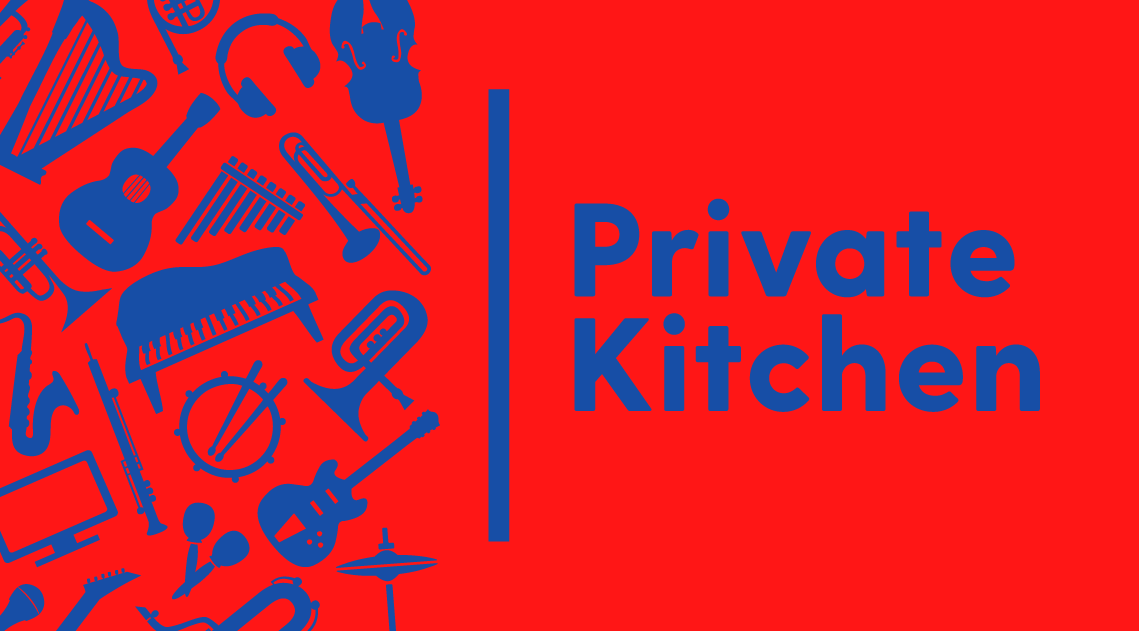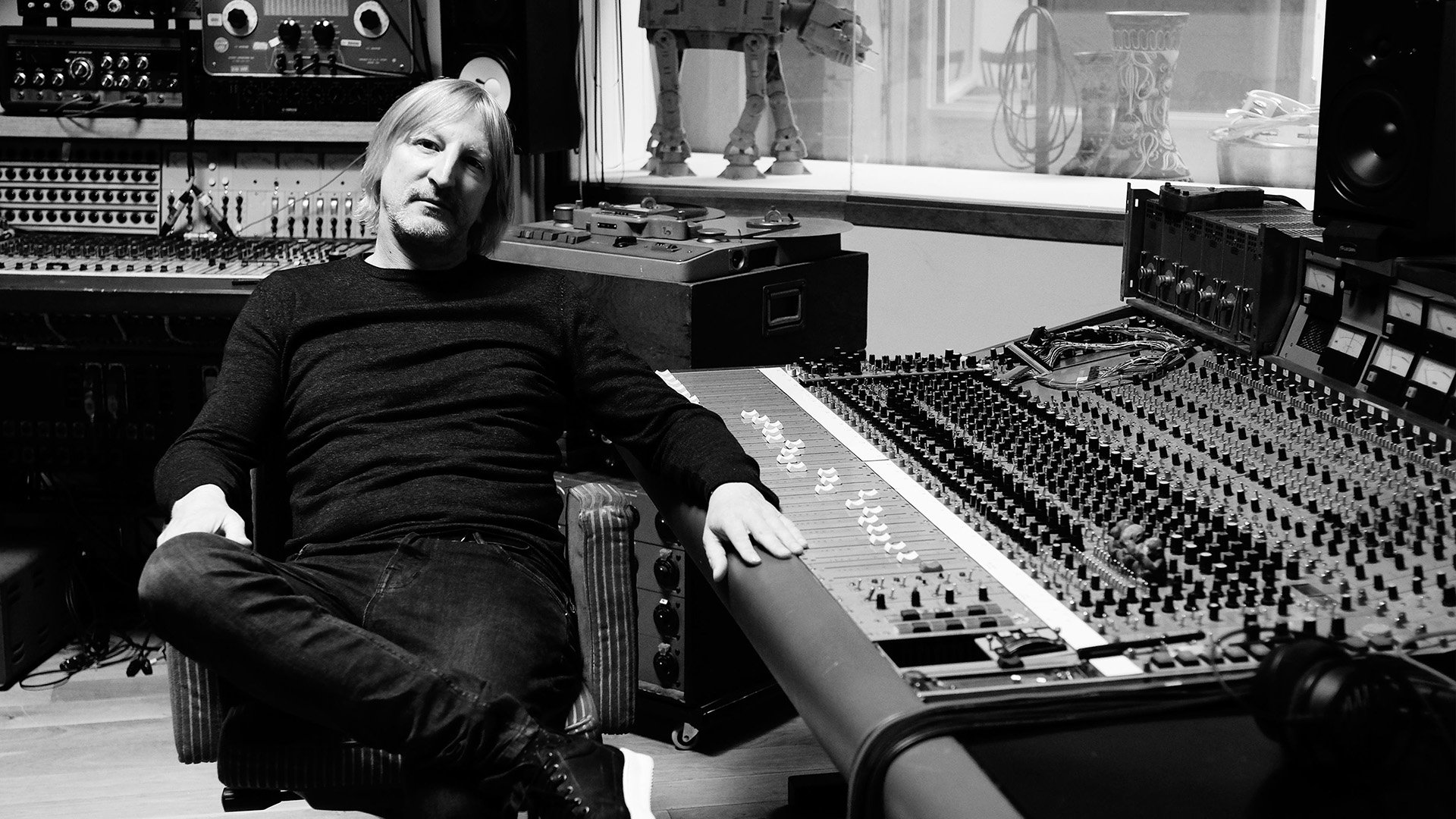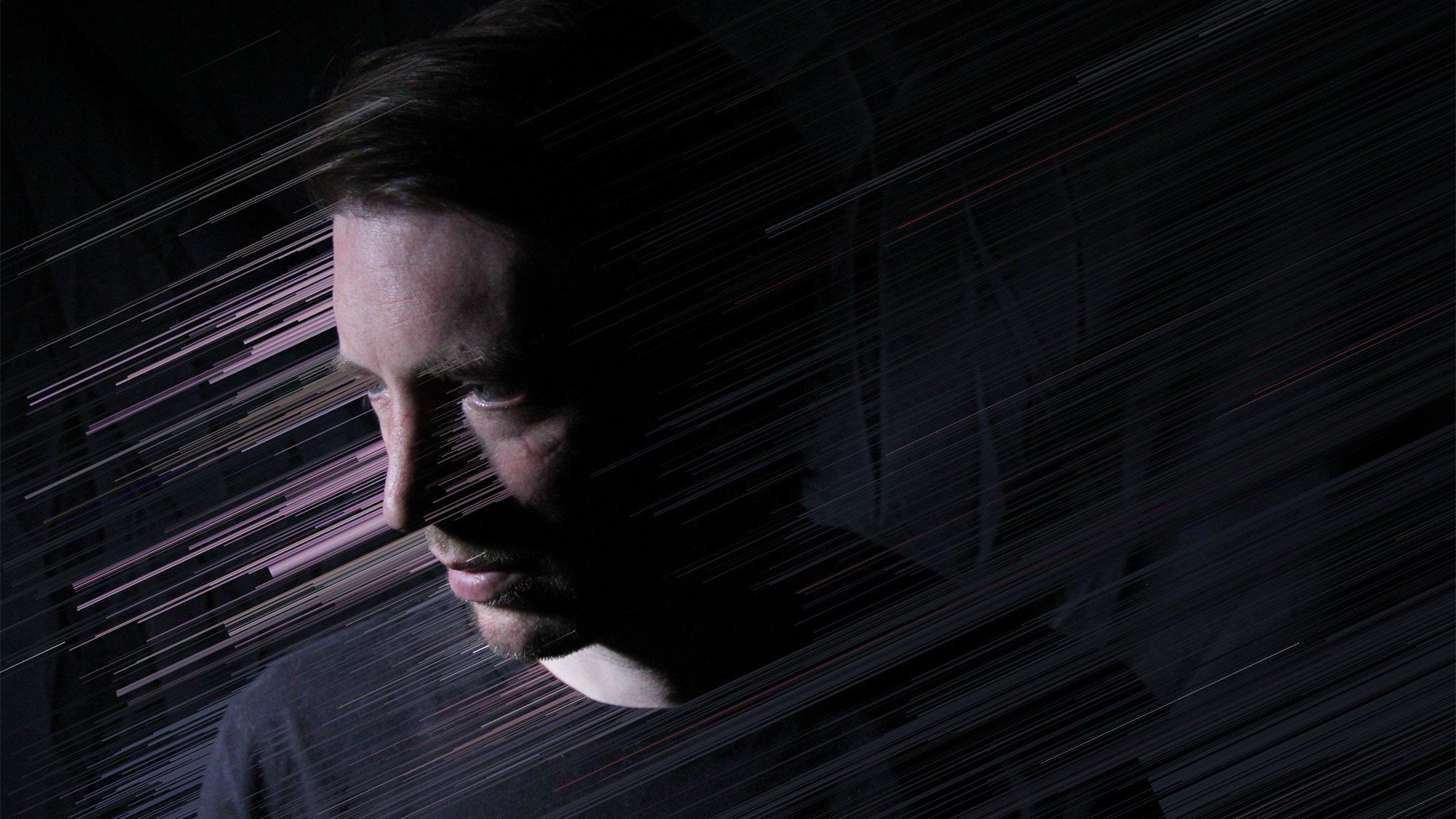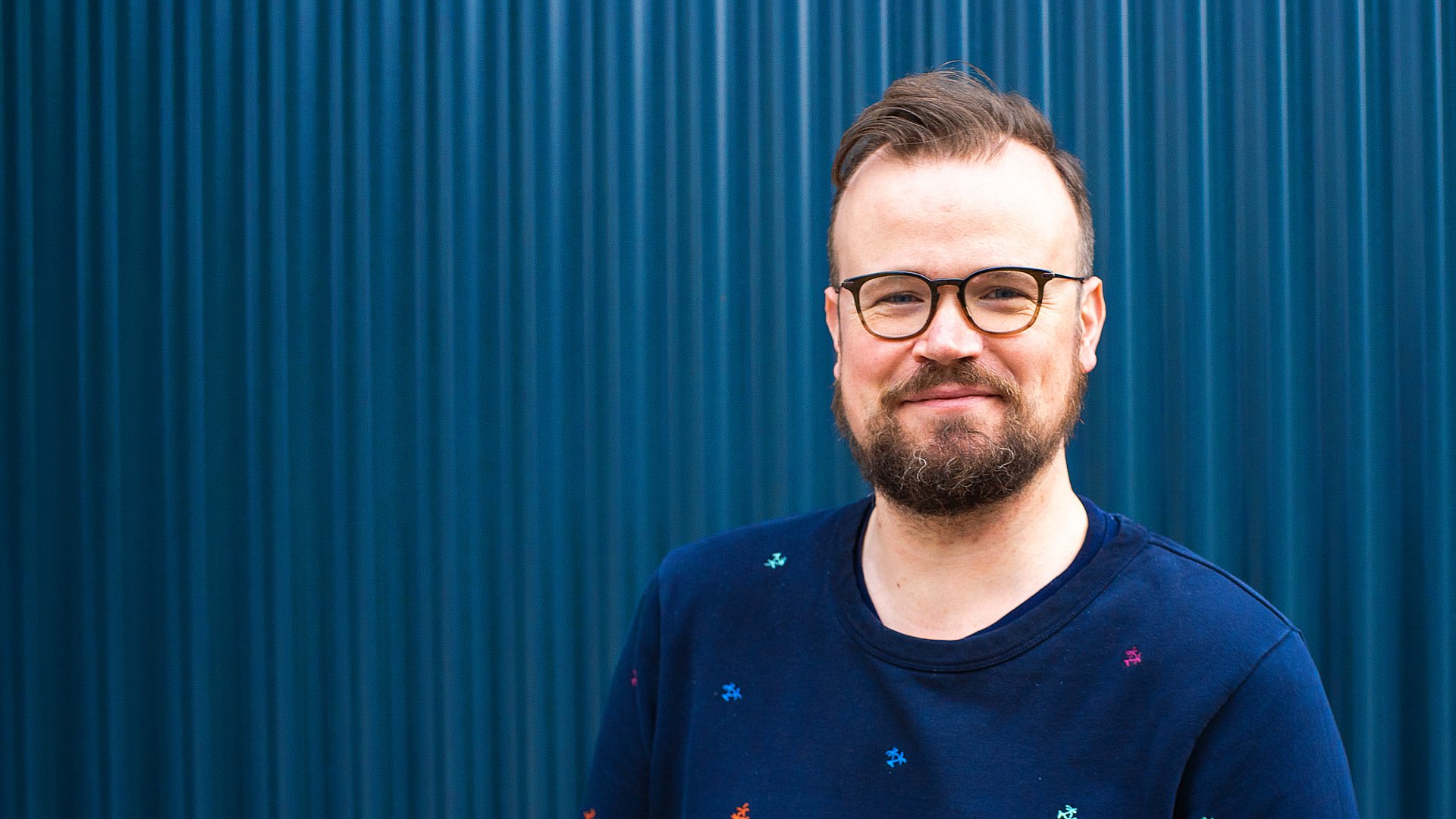Huba de Graaf - Composer & artistic director
Huba de Graaff is featured with an in-depth studio interview in our magazine “Music & Theatre”

Huba de Graaff studied sonology in Utrecht and composition at the Royal Conservatory in The Hague (Dick Raaymakers/Louis Andriessen/Fredric Rzewski). In her early music theatrical work she developed the theory of sound which is inextricably linked with movement. She wrote an opera for moving loudspeakers: ‘Lautsprecher Arnolt’ in which she presented moving and rotating loudspeakers on stage as personae : as music-theatrical performers. She is fascinated by these natural concepts of making sound and music. In ‘Apera’ she investigated the phenomena ‘singing’ vs speech, which resulted in doing audio research on singing monkeys. Her music has never been polished, she is not afraid of new sounds or new ways of presenting music, both acoustic as well as electronic.
Huba takes an exceptional place in the landscape of contemporary music. She has produced a series of unique music-theatre works in the last 25 years. Her work is not limited to writing ‘notes’. Often she is on stage herself. In the 80's she played violin in bands like The Tapes and Transister. Later she developed self-made instruments, such as a metal dress, which enabled her to control all kinds of electronics. She is always running around with mixing tables, laptops and electronics and gives lectures on her fascinating and extremely original projects. For Huba, composing is also inventing, researching and asking essential questions. Writing good notes is the aim of every composer. But why? What does it mean? Nevertheless, Huba is never pleased with only pure aesthetic standards. Why should it be sung like opera? And what is actually: singing? Nothing is self-evident in her music.
Singers are also actors or devices. There are contradictions, questions asked, topics enlarged and rushed over the top. She is looking for new interactions between acoustic and electronic instruments and creates own software or app’s if necessary to design unorthodox sound systems.
She rarely writes pure concert music for an instrumental ensemble. Rather, she is looking for collaboration with theater makers, designers, artists from other disciplines. But without fixed hierarchy of text, sound and image. That distinguishes her music theater from traditional opera. The traditional concert practice (and the classical way of listening) are constantly put upside down.
Huba regularly chooses the low-fi quality of analogue devices. Noises have a major role: the swishes and buzzing of cassette-tapes or rattling mechanics of old school Revox taperecorders. Or vice versa: in ‘the death of Poppaea’ the Rotterdam Philharmonic Orchestra sounds in an unprecedented surround sound, to illustrate the terror of the sound design. For many years she organized concerts, where composers, musicians and spectators were chased out of their comfort zone. The stage is sometimes placed outside, in the street, in gyms, parks. In large-scale location projects, she used the entire city as a stage. In spite of the experimental approach and the often unusual instrumentation, her work is not ‘difficult’, on the contrary, it has melodic qualities so strong that they are difficult to get out of your head, even after listening only once.
Speakers play a part in many pieces of Huba. In the legendary Lautsprecher Arnolt (2003), the speakers turn, vibrate, swing and jump and transform into credible dramatic characters. In another work Diepvlees (2008), "a tapping opera for soft singing men", microphones and tape recorders perform as lead instruments. In everything she makes she tries to find the essence and to translate this into a musical format. Often she plays with sound reproduction and reversal of perspective. Usually with the necessary humor and irony. In recent years, Huba is doing fundamental research in singing. What is singing, where does it come from, how does it work? This resulted in an opera (Apera, 2013) entirely based on recordings of monkeys and Pornopera (2015) that is not sung but completely groaned and moaned. A recent highlight in Huba's work is the opera ‘The Naked Shit Songs’, which was premiered at the Holland Festival 2017. More than ever the lyrical qualities of Huba's music reach their full potential. Also in this work, an existing audio recording forms the basic material: an interview by Theo van Gogh in 1996 with the British artist duo Gilbert & George. A musical reconstruction of the interview evolves from babbling conversation to a big Gesamtkunstwerk with choir and a virtuoso five men live band. Gilbert & George, who were present at the premiere, praised the work as "... a truly unique opera of great originality. And a real 21st century work of art. "
More with Huba de Graaff
An all female cast rock performance presents the work of the Persian poet and cinematographer Forugh Farrokhzad (1935 – 1967)
Despite corona Huba is full of new ideas and fascinations. In this last part of the interview she tells everything about her future projects.
Social media inspired Huba to create the opera Pulchachiajev, an opera with an unpronounceable title as Alexa shows in this part of the interview.
Another fascination of Huba is the voice so have a look at this part of the interview which is about the performance Pornopera and the use of the (female) voice.
Lautsprecher Arnolt, a performance with one actor and lots of ‘sound animals’, was an international success that was even performed in Teheran, Iran.
In this first part of the interview Huba tells us how she transforms her fascinations into ideas and concepts for music theatre performances.
Huba de Graaff is composer for theatre and takes an exceptional place in the landscape of contemporary music.
Watch more media composers
Michiel Marsman is a wildly creative, experienced and multifaceted composer/producer focused on film, television and commercial soundtracks.
Joris Hoogsteder is a Dutch producer, composer, and arranger based in Los Angeles, primarily writing for video games.
Aisling Brouwer is a Dutch/Irish film composer, producer and artist with credits for BBC, Apple, Amazon and Discovery Channel.
Annelotte Coster is a film composer and performer. The combination of being a composer and a live musician is one she cherishes.
Celia Swart is a contemporary composer and multimedia artist. She has been commissioned by the Royal Concertgebouw Orchestra, Nieuw Ensemble (NL), Resonances XXI (FR), and others.
Roland Kuit is a Dutch composer and sound artist. His artistic path is characterized by the urge to redefine the horizon of sonic art and composition.
Bertus Pelser is an acclaimed composer and sound designer known for his work in films, short films, art, and applications.
Merlijn Snitker is one of Holland’s most successful Dutch film composers. His eclectic scores have garnered many national and international awards.
Matthijs works in the game industry as a composer & sound designer (but also as journalist, designer, writer, and event organizer).
Rens Machielse, in close collaboration with his colleague Willem Schneider, composes music, mainly for animation films.
Nicholas Thayer is a London-born, Netherlands-based composer, producer and inter-disciplinary maker.
Loek Dikker is a pianist and composer who composes most of the times symphonic music for the cinema
Experienced, fast, reliable, hard-working and smile-on-guy, Federico Solazzo is an Italian music composer for film, TV and games based in The Netherlands.
Charley van Veldhoven is a music composer for films, games and experiences
Composer and arranger Bob Zimmerman is regarded as an icon in the Dutch music world.
As a multimedia artist, Michel van der Aa brings together various disciplines and leads the classical opera genre into new dimensions.
Guido Heeneman is a multimedia composer who makes music for a wide variety of clients
André Ettema is a world wide operating composer, synthesizer programmer and founder and chief of The Solos.
Matthijs Kieboom is an established film composer and the head of the Film Music department in one of Holland’s leading conservatories.
Robert IJserinkhuijsen is a Dutch composer. Aside from pursuing film music, he has also made music for local art installations and exhibitions.
Tessa Rose Jackson is a film & media composer, visual artist, producer and vocalist. She releases art & music under the name Someone.
Joris de Man is an award-winning composer for games and films, widely known for his work on Horizon Zero Dawn
Roel Weerdenburg is a composer, sonic designer and visual artist performing at Ars Electronica, Gaudeamus Muziekweek, and Amsterdam Dance Event.
Selma Mutal is a French-Dutch composer who writes music for cinema and contemporary dance.
Dan Geesin creates sound and music for his own films and the films of Esther Rots: Can Go Through Skin and Retrospekt.
Joep Sporck is an award-winning Dutch composer of over 40 films, commercials, and television shows.
Composer, musician and theater maker Marnix Vinkenborg has already created a series of remarkable productions with his innovative work method.
Dennis is specialised in electroacoustic compositions for media, in particular for Hollywood movie trailers and commercials.
Herman Witkam is a film composer, multi-instrumentalist and sound designer based in Amsterdam, the Netherlands. Check out four video’s about how he creates music for film!
Ivo Witteveen is an Amsterdam-based music composer, producer and educator, writing music for various media.






































